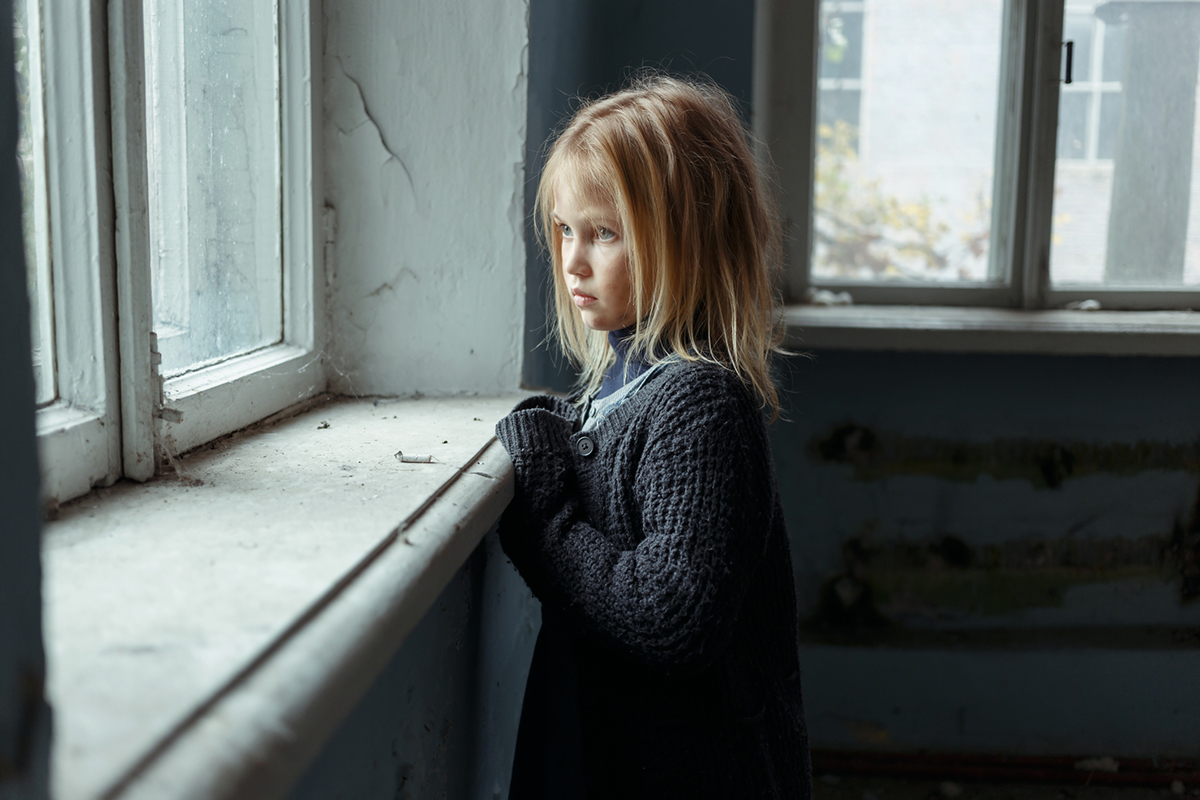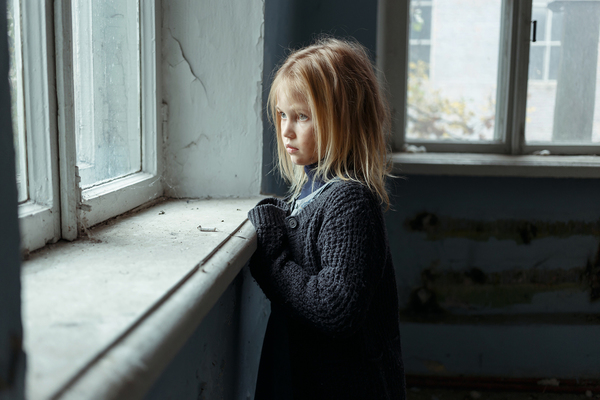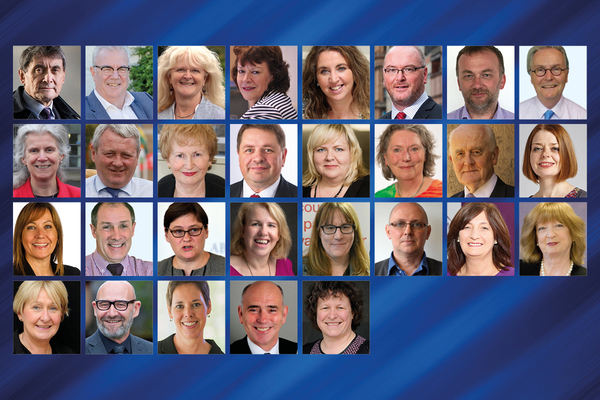You are viewing 1 of your 1 free articles
Housing associations have a vital role to play in tackling child poverty
Child poverty isn’t inevitable, and housing associations are finding ways to tackle the problem in their own communities, writes Sally Thomas
When kids grow up poor they miss out – and so do the rest of us. They miss out on the things most children take for granted: warm clothes, school trips, having friends over for tea. They do less well at school and earn less as adults.
Any family can fall on hard times and find it difficult to make ends meet. But poverty isn’t inevitable. With the right policies every child can have the opportunity to do well in life, and we all share the rewards of having a stronger economy and a healthier, fairer society.
Housing associations and co-operatives have a vital role to play in tackling child poverty, not only through providing good-quality, affordable, energy-efficient housing, but in their wider work that helps build better lives and communities.
Figures from Child Poverty Action Group Scotland show that one in four children in Scotland are officially recognised as living in poverty, an increase of 40,000 more children compared to the previous year.
The effects of child poverty are wide ranging.
Research has shown that children who are locked into poverty do not perform as well at school and are more likely to suffer from chronic health issues, as well as mental health problems – disadvantages that can follow children into, and throughout, adulthood.
The start you get in life is a huge determinant of how good your life will be in every way.
The Child Poverty (Scotland) Act sets out targets to be met by 2030.
“Housing associations’ social purpose imperative drives many to find ways of tackling child poverty in their communities.”
Last year, Joseph Rowntree Foundation published ‘Poverty in Scotland’, which revealed that progress with tackling poverty had been set back by the rising cost of housing and reductions in Housing Benefit.
So what can housing associations do to reverse the increase in child poverty and help the Scottish Government to meet its targets?
Providing warm, secure and high-quality homes already makes a major contribution to alleviating poverty for families and children – a home that is comfortable, safe and with neighbours who look out for you.
And, perhaps most importantly for a child, a home they are proud to invite their friends into.
Housing associations, of course, go further. As you would expect, their social purpose imperative drives many to find ways of tackling child poverty in their communities, whether through augmenting early years education, supporting parents, working with local schools and helping local charities to address term-time and holiday hunger.
For older children, tackling youth unemployment is an important part of breaking the cycle of poverty and reduced life chances.
Wheatley Group’s Modern Apprenticeship programme gives school leavers from some of Scotland’s most deprived communities the chance to take their first steps onto the career ladder by providing vital work experience and qualifications. Its award-winning programme has seen more than 300 young people join the organisation since 2009.
Port of Leith Housing Association’s new employability service, Community Works, supports people aged over 16, living in Leith and north Edinburgh, who are looking for work or seeking to develop their careers.
The service provides a range of training opportunities, including confidence building and CV creation. The service builds on the success of its predecessor, Training Opportunities in Lothian, which supported almost 450 young unemployed people into work, training or further education between 2005 and 2017.
A recent tenants’ survey by Queens Cross Housing Association, based in north-west Glasgow, revealed some stark facts about poverty:
19% of tenants said, at some time, they had chosen to miss a meal or eat less because of a lack of money
42% of tenants said that their income did not always cover their monthly expenses
18% of families have had to put off buying children’s shoes
35% of tenants said that, at some time, they had chosen not to put the heating on because of fears over costs
“If we are to meet the 2030 target, it will require a multi-agency approach.”
In response, Queens Cross is doing what it can to reverse this. A fund of £10,000 has been established to help lift young people in its communities out of poverty.
Its Community Chest fund allows young people and their families to access grants of up to £150.
The grant can be used to improve the quality of life for a young person, or to help create better life opportunities, including equipment for an event or activity, club fees, education or skills development, and clothes for a job interview or sport.
The Child Poverty (Scotland) Act 2017 stresses the importance of local partners working together in order to tackle child poverty. Indeed, if we are to meet the 2030 target, it will require a multi-agency approach – no one organisation can do this by themselves.
At the Scottish Federation of Housing Associations (SFHA) we will do whatever we can to support and encourage our members to do as much as they can, because it is simply unfair and unjust that any child should be disadvantaged as a result of the circumstances and conditions they are born into.
As the philosopher Eli Khamarov said, “poverty is like punishment for a crime you didn’t commit”.
Sally Thomas, chief executive, SFHA













